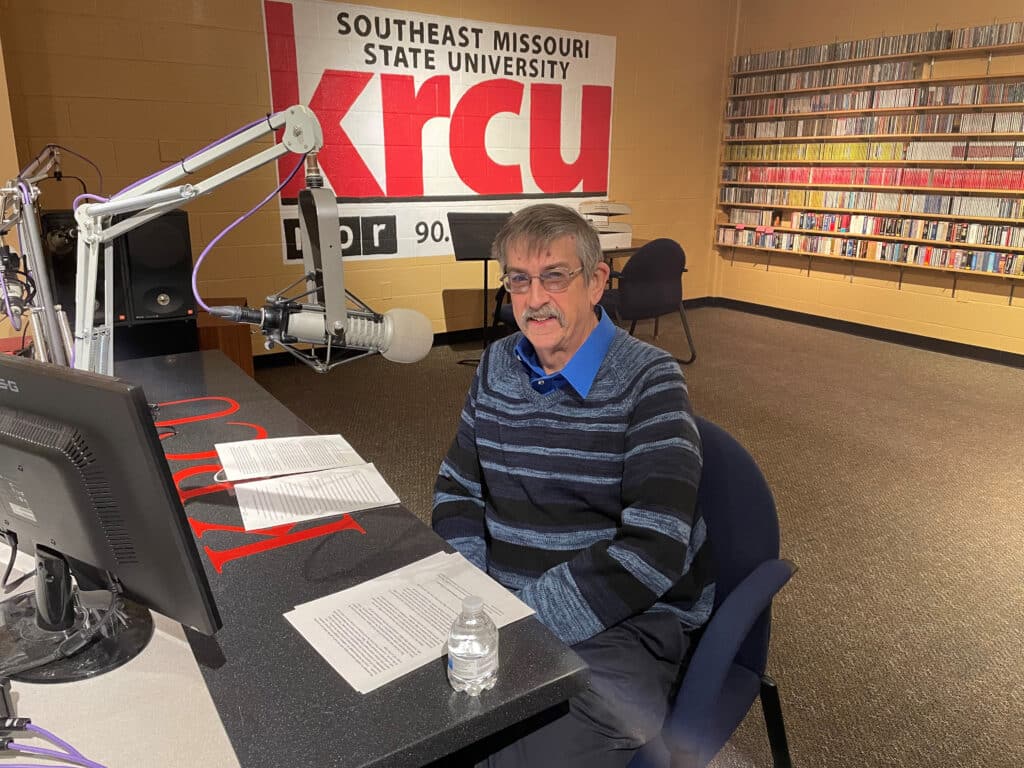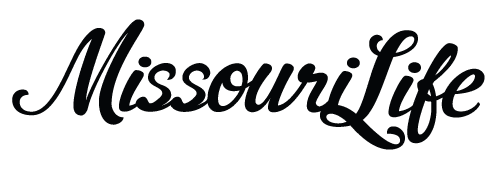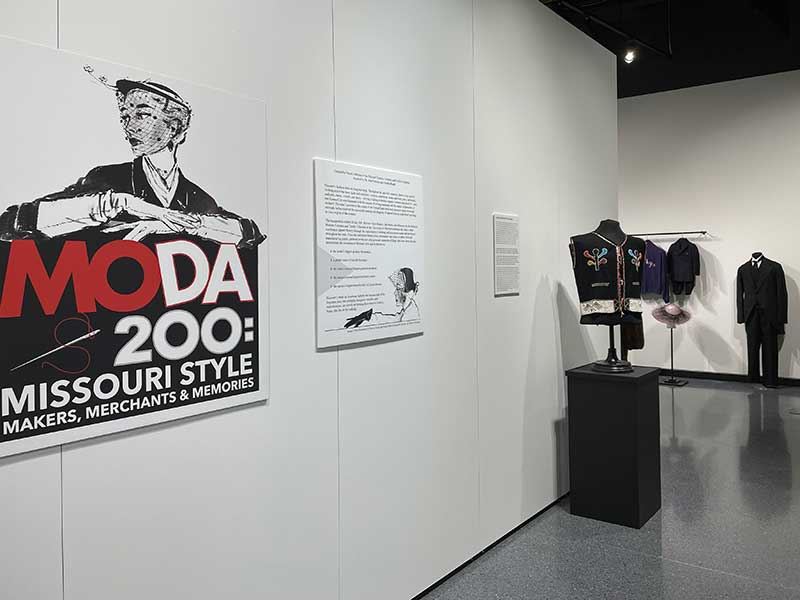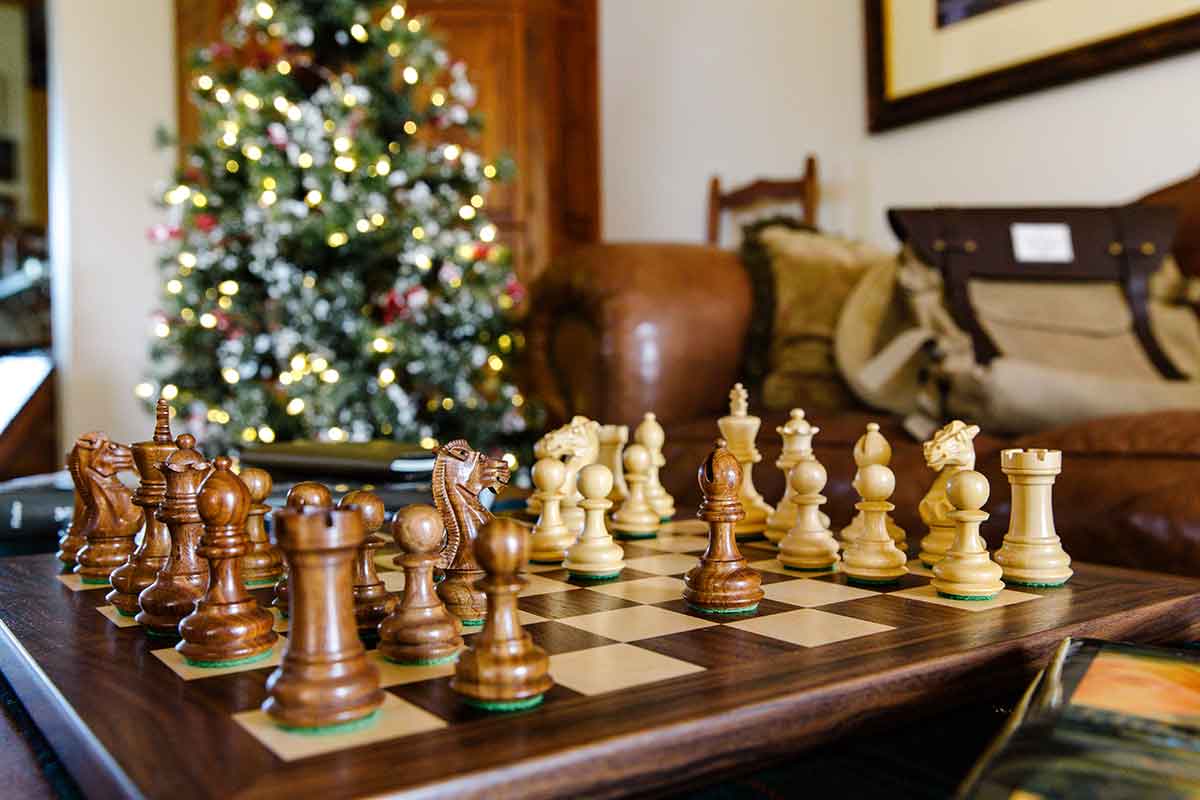Interested in Genealogy? This Missouri man helps others recover their long-lost family history. He says a lot of information you find on Ancestry, Family Search, and other sites is poorly documented and often just plain wrong.

Bill Eddleman, associate director of the Cape Girardeau Research Center for the State Historical Society of Missouri, enjoyed a long and distinguished career as a wildlife biologist at Southeast Missouri State University before retiring and jumping into a new role that capitalizes on his personal interest in Missouri history. With his acumen for teaching, a personal interest in genealogy, and the resources of the State Historical Society at his disposal, he is helping others recover long-lost family history with a new video series about genealogy research.
When did your personal interest in genealogy begin?
I had an uncle on my dad’s side of the family who got interested in the family and actually wrote a book. A few years before he died he sent me all his files, and I started going through them, expecting to find all the documentation for what he had in his book. There wasn’t a lot of documentation. Indeed, a lot of it was in error, which is unfortunate because he circulated the thing all over the place, and people are still endlessly repeating the errors. I’ll tell them I can document that it’s this other way, and they’ll still not believe me—they’ll believe his book. That’s one of the problems with genealogy in places like Ancestry.com and Family Search.
People can put whatever they’ve got on those sites, and a lot of it is very poorly documented and just plain wrong.
Where should beginning genealogists start their research?
You start with what you’ve got, which is maybe the family Bible, and birth and death certificates that might be in the house. There are all those newspaper clippings that the family has saved. I know when I was a kid, baby books were very big, and parents would buy this baby book and start filling in all the milestones. I also have quite a collection of funeral home obituaries. The first step is not to get out of the house but to just assemble what you’ve got. Family photos are another example. An early step ought to be writing names on the family photos.
What is special about the just-released 1950 census?
The 1950 census is far more divided out by geographic location, so a real key thing to know is the enumeration district (a system used to divide large areas into more manageable districts for census takers) that people were in. Really, I think the peak for information collected was in the period 1900 to 1940. I know with the last census, people were going ballistic over what turns out to be, compared to the past, pretty minimal information. We collect very little on the census now, and the census will actually be less valuable in the future. And then when you get before 1840, only the head of the household was actually mentioned. Everybody else was put in a gender and age class, and depending on the census, that might be quite broad, like ‘over 45.’ That encompasses a lot of people (i.e. spouses, in-laws, servants) of different ages.
When will the 1960 census become available?
They are embargoed for 72 years, so they will not be available until 2032. That’s the first one that I’m enumerated.
FIND BILL’S 12 FREE VIDEO SERIES
Bill Eddleman’s Basic Genealogy video series is free and available online. It explains how to use land, court, probate, and vital records to find and follow the chronicles of an ancestor’s life. He details a variety of online services and touches on how DNA testing has impacted genealogy research. He delves into using newspapers and manuscripts to expand upon a person’s story and illustrate life beyond the records. The series closes with a discussion on how to organize and preserve the research gathered. Find all 12 episodes online for free here.
Related Posts
Missouri’s Fashion History: Now On Display
A new exhibit featuring the 200-plus year evolution of Missouri style and the important role of its apparel industry is on display at the State Historical Society of Missouri Art Gallery now through the end of June in Columbia, Mo.
2020 Holiday Gift Guide
Our annual holiday gift guide chock-full of Missouri-made items is here!
Your Guide to Food, Wine, & Sweets in Columbia
Wine, chocolate, barbecue … whatever fare you fancy, you’ll find it in Columbia. The city has attracted talented purveyors and restaurateurs who take pride in satisfying even the most particular palate. Here are just a few of the businesses that give the city its flavor.



